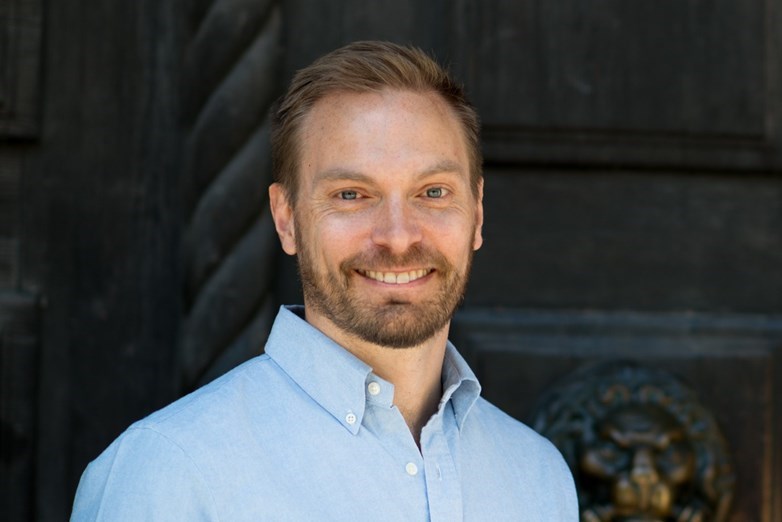SSE researcher Erik Wetter contributes to Data-driven Technologies at CIVICA
Our lives are increasingly influenced by digital tools. New technologies have significantly altered how we live, work and interact. At the same time, the enormous production of data provides unprecedented opportunities to both improve and threaten society. Recognising that data science is fundamental to the social sciences of the future, this focus area aims to apply quantitative disciplines to a range of social challenges. CIVICA researchers work interdisciplinarily to study the impact of artificial intelligence and examine societal trends with the help of data analysis.
"CIVICA is a strategic and relevant initiative, and I was previously involved in the design and delivery of the first Multicampus course. The Data-driven Technologies for Social Sciences group really overlaps with my research background", says Erik.
Erik focuses on innovation, data science, digital transformation, as well as management and negotiations in new ventures in his research. He has been engaged in new data sources and technologies for over a decade and have previously been involved in various applied research and policy initiatives for social good; such as disaster response after the 2015 Nepal earthquake, gender issues in international development, poverty measurement in Bangladesh, public behaviors during Covid-19, and also in policy development such as the EU strategy on data and AI.
Data-driven technology crucial for decision-making
Erik thinks that data-driven technology is of great importance to all sciences and welcomes the growing interest in the field.
"Data is crucial to awareness in general and to our current global challenges in particular - without data one can't make informed decisions on policy, economics, migration, development, climate, you name it", says Erik. "This is why all major UN and international organizations have created dedicated data initiatives and centers. Additionally, the exponential growth of new data sources provides social scientists with unprecedented opportunities for research and impact", he says.
He hopes that the CIVICA collaboration will contribute to a greater amount of knowledge sharing, to good discussions and to inspire one another.
"Hopefully the discussions will result in potential joint project ideas that all CIVICA universities can benefit from", Erik concludes.




